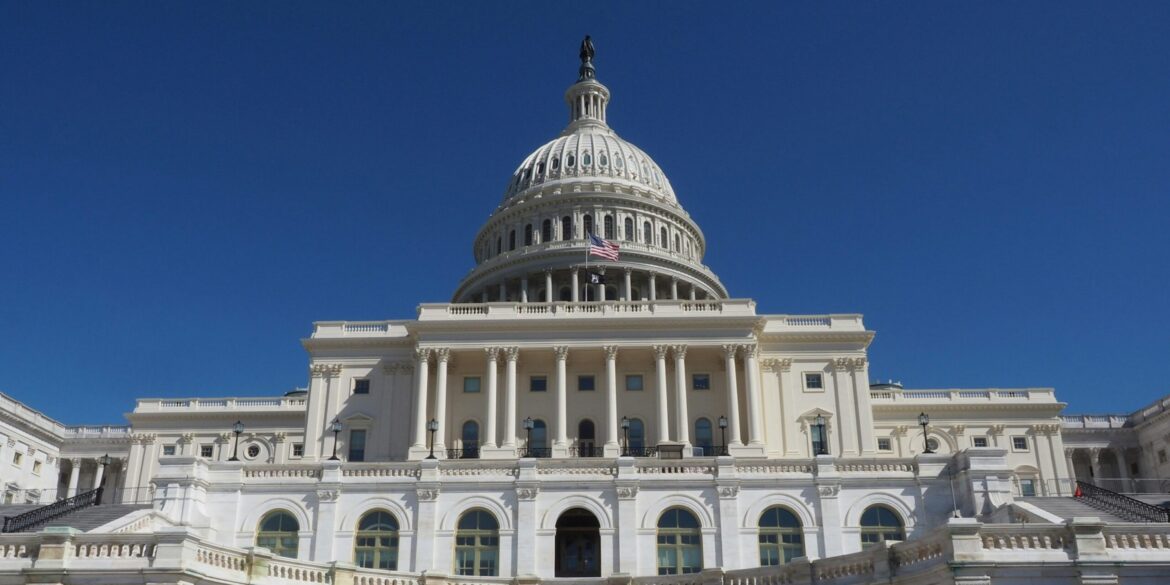The Congressional Progressive Caucus (CPC) has released its 2025 legislative agenda, outlining a comprehensive set of policy proposals aimed at addressing economic inequality, expanding healthcare access, combating climate change, and enhancing public education. This agenda reflects the caucus’s commitment to enacting bold reforms that prioritize the needs of working-class Americans and marginalized communities.
Economic Justice: Raising Wages and Lowering Costs
Central to the CPC’s agenda is the goal of reducing economic disparities through increased wages and decreased living costs. The caucus advocates for raising the federal minimum wage to $15 per hour, a move supported by various labor organizations and progressive groups. Additionally, the agenda includes proposals to strengthen labor rights, enhance job security, and implement policies that ensure fair compensation for all workers.
Universal Healthcare: Expanding Access and Affordability
Healthcare reform remains a top priority for the CPC. The caucus supports the implementation of a universal healthcare system, aiming to provide comprehensive coverage for all Americans. Proposed measures include expanding Medicare to include dental, vision, and hearing services, as well as lowering the eligibility age to increase access for older adults. Furthermore, the agenda calls for the negotiation of prescription drug prices and the introduction of a public option to compete with private insurers, thereby driving down costs and improving quality.
Climate Action: Implementing a Green New Deal
Addressing climate change is another cornerstone of the CPC’s legislative agenda. The caucus endorses the Green New Deal, a comprehensive plan that seeks to transition the United States to 100% clean and renewable energy sources. This initiative includes investments in green infrastructure, the creation of millions of high-wage jobs in renewable energy sectors, and the establishment of programs to assist communities disproportionately affected by environmental degradation. The CPC emphasizes that climate action is not only an environmental imperative but also an economic opportunity that can drive sustainable growth and innovation.
Education: Ensuring Access to Quality Public Schools
The CPC’s agenda outlines several measures to improve public education across the nation. Key proposals include increasing federal funding for K-12 schools, particularly those in underserved areas, to ensure equitable access to quality education. The caucus also advocates for tuition-free community college education and the reduction of student loan debt burdens. Additionally, the agenda supports the expansion of vocational training programs to provide students with diverse pathways to successful careers.
Housing: Addressing the Affordable Housing Crisis
Affordable housing is a critical issue highlighted in the CPC’s legislative agenda. The caucus proposes significant investments in the construction and rehabilitation of affordable housing units, aiming to reduce homelessness and provide stable living conditions for low-income families. Proposed policies include increasing housing subsidies, implementing rent control measures, and expanding access to housing assistance programs. The CPC stresses that housing is a fundamental human right and essential to achieving broader social and economic equity.
Democratic Reforms: Strengthening Civic Engagement
To enhance democratic participation, the CPC advocates for reforms aimed at increasing voter access and participation. Proposals include implementing automatic voter registration, expanding early voting options, and restoring voting rights to individuals previously incarcerated for felony convictions. The caucus also supports measures to reduce the influence of money in politics, such as overturning the Citizens United decision and implementing stricter campaign finance regulations. These reforms are designed to ensure that all Americans have an equal voice in the democratic process.
Corporate Accountability: Addressing Economic Inequality
The CPC’s agenda includes proposals to hold corporations accountable for practices that contribute to economic inequality. Measures include implementing a billionaire minimum tax, increasing taxes on stock buybacks, and closing loopholes that allow corporations to avoid paying their fair share of taxes. The caucus also advocates for stronger regulations to prevent corporate monopolies and promote fair competition in the marketplace. These policies aim to reduce the concentration of wealth and power in the hands of a few and promote a more equitable economic system.
Conclusion
The Congressional Progressive Caucus’s 2025 legislative agenda presents a comprehensive vision for a more equitable and just society. By focusing on economic justice, healthcare reform, climate action, education, housing, democratic reforms, and corporate accountability, the caucus seeks to address the pressing issues facing working-class Americans and marginalized communities. While the implementation of these policies will require significant legislative efforts and collaboration, the agenda sets a clear direction for progressive governance in the coming years.

